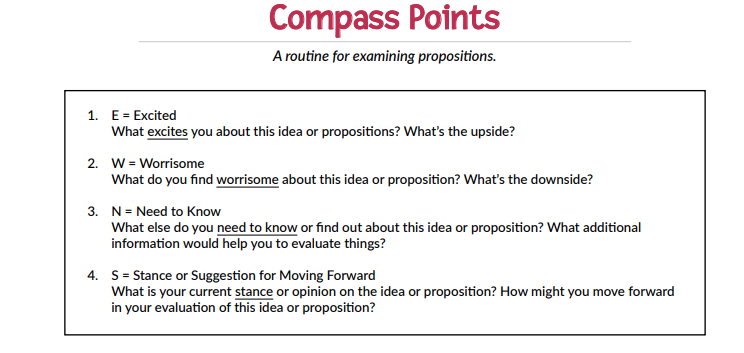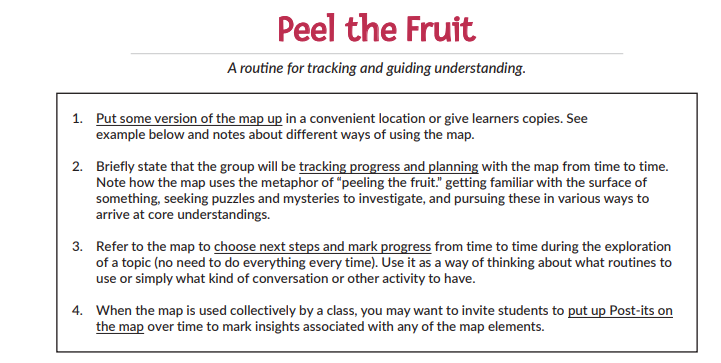How IB Educators Foster Curiosity and Inquiry in Classrooms
Curiosity is the spark that ignites meaningful learning. It pushes students to question, explore, and connect knowledge beyond the textbook. In the IB Diploma Programme, curiosity is at the core, driving students toward lifelong learning. IB educators cultivate environments where students take the lead—solving problems, thinking critically, and engaging deeply with their subjects.
The Power of Inquiry-Based Learning
IB classrooms go beyond rote memorisation. Instead, they embrace inquiry-based learning, where students actively seek knowledge rather than passively receiving it. This approach:
- Develops independent thinking and problem-solving skills
- Encourages students to make connections across disciplines
- Strengthens research abilities and flexible thinking
- Fosters a lifelong love for learning
This in turn helps enhance cognitive skills, memory, and engagement. The IB framework leverages this, ensuring that students are not just learners but inquirers, thinkers, and creators.
How IB Educators Design Inquiry-Driven Experiences
IB educators inspire curiosity by designing experiences that encourage students to ask, investigate, and reflect. It is done through the following strategies:
- Open-Ended Questions: Instead of providing answers, educators pose thought-provoking questions, compelling students to explore solutions.
- Interdisciplinary Learning: Subjects are interconnected, helping students see the bigger picture.
- Hands-On Learning: Experiments, case studies, and projects make learning engaging and relevant.
- Self-Directed Exploration: Through the Personal Project, Extended Essays, Theory of Knowledge, CAS, and Service as Action, students take ownership of their learning.
- Metacognition & Reflection: Students evaluate their own learning, refining their understanding and approaches.


Credit-https://pz.harvard.edu/resources/compass-points
These methods enable IB classrooms to become hubs of inquiry where students are empowered to take charge of their education.
Creating an Environment for Inquiry
IB classrooms are designed to be dynamic spaces where students are active participants of knowledge rather than just passive recipients. In an inquiry-driven classroom, the learning environment speaks for itself—even in the absence of teachers and students. The arrangement of furniture shapes interactions, while wall displays reflect what is valued.
Educators must be intentional about the messages their space conveys and how it supports learning, ensuring it nurtures student growth and deeper understanding.
Key features of IB classrooms include:
- Multiple Learning Centers: Areas dedicated to exploration—science labs, writing corners, problem-solving hubs—encourage independent discovery.
- Real-World Applications: Learning is connected to real-life scenarios, making knowledge practical and meaningful.
- Collaborative Knowledge Construction: Discussions, debates, and peer interactions enhance understanding.
- Flexible Curriculum Pathways: While structured, the IB curriculum allows students to explore their interests, keeping learning relevant.
This environment transforms students into engaged learners who approach problems with curiosity and confidence.
Student-Led Discussions & Peer Learning
IB classrooms thrive on student-led discussions, shifting the focus from teacher-driven instruction to collaborative learning. This approach:
- Develops critical thinking and the ability to construct and defend arguments
- Enhances communication and confidence in expressing ideas
- Encourages peer learning, where students gain diverse perspectives
- Strengthens higher-order questioning and analytical skills
Participating in debates and interactive discussions allows students to take ownership of their learning and refine their ability to think critically and articulate ideas.
IB Projects: Nurturing Inquiry Through Personal Project and Extended Essay
The IB Diploma Programme and MYP include unique components designed to deepen inquiry and develop well-rounded learners:
Personal Project (MYP): A student’s journey of passion and exploration, the Personal Project is the culmination of their MYP experience. Over the course of a year, students choose a topic of personal significance, set ambitious goals, and engage in independent research, problem-solving, and creativity. Whether it's designing a mobile app, composing music, or launching a community initiative, this project fosters self-management, critical thinking, and innovation, empowering students to take ownership of their learning.
Extended Essay (DP): A deep dive into academic inquiry, the Extended Essay challenges DP students to conduct independent research on a subject of their choice, crafting a 4,000-word investigation akin to university-level work. It hones their ability to formulate research questions, analyse sources, and construct well-reasoned arguments. More than just an academic requirement, the Extended Essay cultivates curiosity, resilience, and intellectual rigour—skills essential for lifelong learning and success beyond school.
The IB Advantage: A Future-Ready Approach
IB educators cultivate thinkers, innovators, and global citizens for the future. By fostering inquiry, critical thinking, and real-world engagement, the IB Diploma Programme equips students with:
- Analytical Thinking: The ability to ask, evaluate, and synthesise information
- Research Proficiency: Skills to investigate, analyse, and present findings
- Adaptability & Creativity: Exposure to diverse ideas and problem-solving approaches
- A Lifelong Passion for Learning: Curiosity-driven education that extends beyond school
At Shiv Nadar School, inquiry-driven learning is central to education. Through a rigorous yet dynamic IB curriculum, students cultivate curiosity, creativity, and critical thinking—preparing them not just for university but for life. By blending hands-on exploration, interdisciplinary connections, and student-led learning, we aim to transform learners into thinkers, innovators, and changemakers.
2025-03-27
